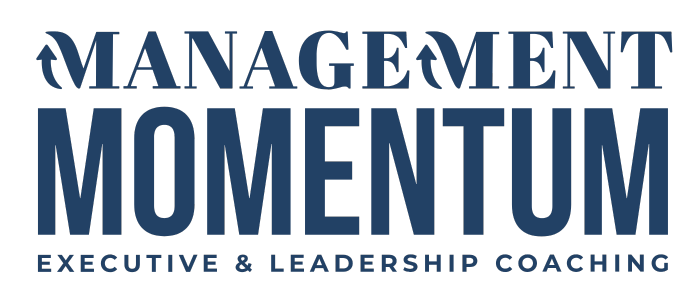3 Tips to Engage Your Team By Becoming Their Coach
By now every leader has heard the data on team engagement and how a large portion of the workforce is disengaged in their work. Leaders also read the countless posts and articles on the Millennial generation and how that generation needs a much higher level of engagement on the part of the company in order to remain interested and engaged in their work. But what’s a leader to do? If the engagement numbers only add more stress and pressure, I would like to suggest you consider coaching your team instead of the usual accountability practices you may be employing. Coaching gets you way more bang for your buck timewise because it is a very effective form of accountability and builds engagement at the same time.
Here are three essential tips for incorporating coaching into your leadership toolkit.
Essential Tip #1 – Discern between coaching and other tools.
Tools commonly confused with coaching:
- Advising/Directing – Sometimes a situation requires straight-up advice, and coaching would be a waste of time and energy for everyone involved. If there is a logical right way—and a wrong way—to do something, then simply be direct.
- Discipline – If you are observing behaviors that are unacceptable, then coaching is not the way to go. Where coaching is about asking good questions and allowing the recipient to come to their own conclusions, discipline is about a required behavioral change with clear consequences for non-compliance.
- Mentoring – The terms coaching and mentoring are often used interchangeably, but for the purpose of our discussion today let’s agree that mentoring is a supportive, professional relationship with someone who may or may not be your direct report. Coaching, on the other hand, in our context here is targeted to your direct reports or their direct reports and there is an expectation that the recipient of the coaching will be held accountable to the agreements made with their supervisor in the coaching engagement.
Essential Tip #2-Improve your questions and your listening skills.
After spending hundreds of hours in coaching school I can share with you the inside secret to coaching: the secret is asking great questions. It’s all about the questions! Now, of course, there is an art and a science to letting your question land in a timely way, and the tone of your voice and the intention behind your question are key as well—but those are all things you can work on over time. For now, the most important aspect of your coaching skill as a leader is asking a good question—instead of just talking—and then becoming an excellent listener to the answer of your questions.
Examples of good questions: Tell me about your thinking with the Manchester project…. or Talk to me about the challenges you are having with the strategic plan for your department. Questions should be followed by listening. Not active listening. Just focused, intent, listening on your part.
Essential Tip #3 – Dive right-in and start today.
In most cases, you don’t have to ask permission or set-up a formal coaching relationship with your direct report to get started. Let’s say one of your key directors appears to be struggling with keeping his timelines on a big project that is highly visible in the organization. You suspect that his team is floundering, and you are hearing from your peers that he might be overwhelmed.
In the last one-to-one you asked him if he needed help, and he insisted he was fine (typical response to a status question). To switch over to coaching, you could send him a meeting request and ask him to bring certain documents. When he arrives, ask him to set his phone to DND while you do the same and simply dive into a working session.
Ask your good questions and inform him you are here to help. Get him to talk. Working side by side with him and asking good questions while being patient with the process is coaching. That’s it. It is not more complicated than that. If you have to switch gears and give some advice—tell him you are going to give advice, but otherwise remain in “coaching mode.” Coaching is the art of gently, skillfully not letting people off the hook.
Remember, Coaching Does Not Pay Off Instantly
Like most investments, coaching often pays off in the medium to long term and almost never in the short term; that’s why hardly anyone does it. One way to inspire yourself to incorporate more coaching into your leadership is to ask yourself this question:
If three years ago I had started strategically coaching my key team on their ____ (fill in your own answers—communication habits, project management, hiring practices, leadership skills, etc.), how different would our results be today?
Coaching your team can improve communication, retention and engagement, but the most profound benefit is that it gives you—the leader—a real pulse on the capabilities and shortcomings of your team. Bottom line—fewer surprises, more results. While I could go on forever, I will stop now so you can start coaching your team.
Companies with dynamic coaching programs achieve 28 percent higher win rates.
Source CSO Insights Study 2016



